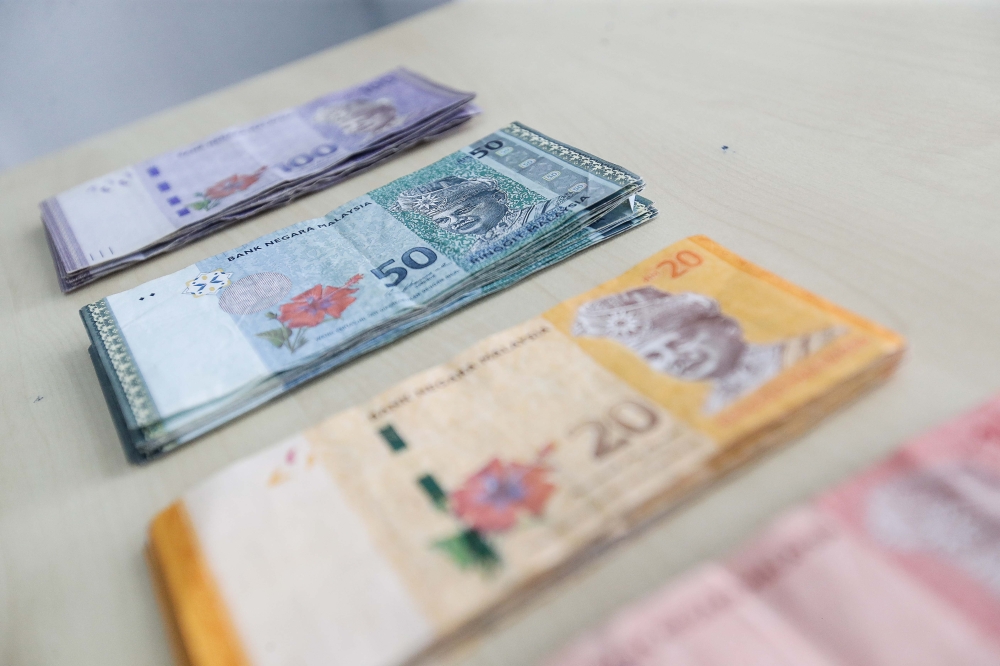LONDON, March 31 ― Britain's economy grew more quickly than previously thought in the last three months of 2021 as a surge in activity in the health sector around the onset of the Omicron wave of Covid-19 cases masked the inflation hit to household incomes.
Official data today showed gross domestic product in the world's fifth-biggest economy increased by 1.3 per cent in the fourth quarter from the previous three-month period.
That was stronger than the Office for National Statistics' preliminary estimate of growth of 1.0 per cent.
The largest contributors to the increase came from health and social work, including increased visits to doctors at the start of the quarter, a large increase in coronavirus testing and tracing and the extension of the vaccination programme.
The GDP pick-up represented an acceleration from the economy's 0.9 per cent growth in the third quarter but was well below its 5.6 per cent expansion in the April-June period of last year when it was rebounding from Covid-19 lockdowns.
Investors expect the recovery to slow in 2022 as inflation heads for almost 9 per cent and households face the biggest fall in living standards since at least the 1950s, according to forecasts by the government's fiscal watchdog.
Households dipped into their lockdown savings to finance their spending. The saving ratio fell to 6.8 per cent of disposable income from 7.5 per cent in third second quarter, heading back towards its level of 6.0 per cent immediately before the pandemic, the ONS said.
Household disposable income, adjusted for inflation, in the July-September period was revised to show a fall of 0.2 per cent from the previous three months, down from an originally positive 0.5 per cent reading, and it fell by 0.1 per cent, in the fourth quarter.
The dip in the third quarter reflected the increased impact of inflation on household budgets and a revision down of pension contributions.
Real household disposable spending in the fourth quarter rose by 0.5 per cent, weaker than an original estimate of 1.2 per cent growth.
The size of Britain's economy at the end of 2021 was 0.1 per cent below where it was at the end of 2019, revised from a previous estimate of 0.4 per cent below its pre-pandemic level.
Britain's balance of payments deficit in the fourth quarter narrowed to £7.3 billion (RM40.3 billion), helped by the first surplus since 2011 in the balance of British investment income abroad and foreign investment income in the country. ― Reuters






















